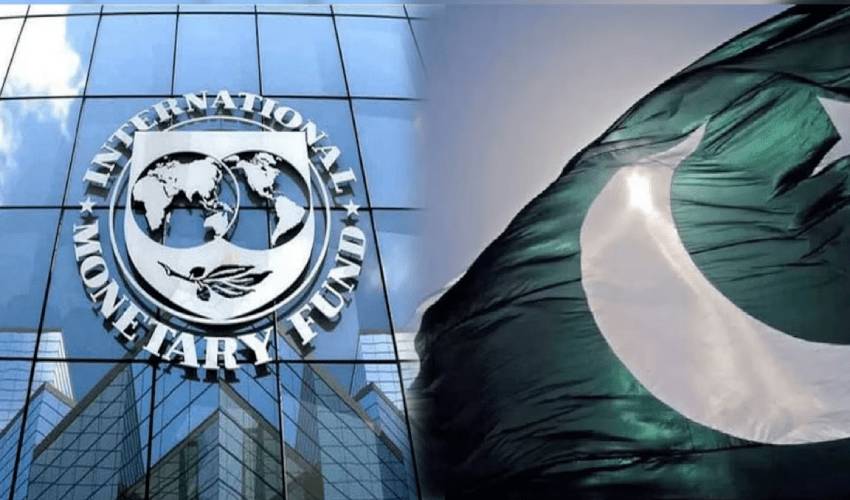ISLAMABAD – Finance Minister Muhammad Aurangzeb emphasized the necessity of a new agreement with the International Monetary Fund (IMF) for Pakistan’s economy.
He indicated that the government’s aim is to negotiate a longer and larger program with the IMF, the leading global lender.
Aurangzeb outlined the objectives for the upcoming negotiations with the IMF review mission, which include expanding the program to incorporate climate financing and increasing the allocated quota under the Extended Fund Facility (EFF).
The announcement coincides with the imminent review of the Stand-By Arrangement (SBA) by an IMF mission, commencing on Thursday.
The review is crucial for the disbursement of the remaining $1.1 billion, as the current agreement is set to expire on March 31.
The discussions will not only focus on immediate disbursements but also on future assistance, as Pakistan requires long-term financing to address its economic needs. Meeting the stringent conditions imposed by the IMF, such as energy price adjustments, privatization of state-owned enterprises, and subsidy reductions, is imperative for accessing this assistance.
During a recent media briefing, Aurangzeb identified inflation as a significant challenge for the public. He reiterated that macroeconomic stability is key to addressing this issue, although previous promises in this regard have not been fully realized despite implementing IMF-recommended measures.
The minister also highlighted plans to expedite the privatization process. He expressed confidence in the IMF’s release of the final tranche of $1.1 billion under the current program.
Simultaneously, Aurangzeb stressed the urgency of initiating discussions for another IMF program and outlined strategies to enhance revenue collection, a primary focus of the IMF. He mentioned plans to optimize taxation on wholesale businesses, real estate, and agriculture sectors to achieve this goal.









